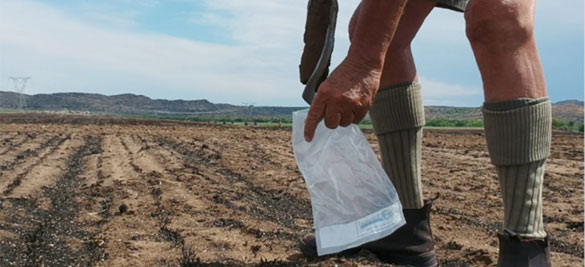
How to Select the Right Premium Granular Fertilizer
06/01/2022
Traditional vs Conventional Fertilizer
06/01/2022The Crucial Role of Organic Fertilizer Manufacturers in South Africa
At the southernmost tip of Africa is a country of more than 1,22 million square kilometres and home to over 59 million people. When local farming was at its peak, almost 11% of that land was under cultivation. Today, as mining and urban construction continue to encroach on arable land, that figure has dropped to around 9,8%. Now, more than ever before, the success of local agriculture depends on products from organic fertilizer manufacturers in South Africa.
As the location of the “Cradle of Humankind”, the country is ancient, and much of it is semi-arid. Furthermore, much of the goodness in its once fertile soil has been leeched over countless millennia. To thrive and provide sufficient food for the nation’s growing population, most of the country’s farmers must now rely heavily on irrigation systems and yield-increasing technologies. At the same time, they are faced with the parallel need to implement more sustainable, eco-friendly farming practices and help reduce the global carbon footprint. Although desirable, organic farming cannot feed the nation. Instead, it is for organic fertilizer manufacturers in South Africa to provide a more workable yet ecologically acceptable solution. Fortunately, these two equally important criteria need not be mutually exclusive.
Nitrogen is essential for healthy plant growth and forms 78% of our atmosphere. However, atmospheric nitrogen must be transformed into soluble compounds in the soil to be accessible to plants. The process begins when lightning oxidises the gas, forming nitrogen oxides that enter the ground, carried by rain or snow. There, bacterial action forms nitrates and ammonium compounds. Sadly, natural nitrogen fixation is no longer sufficient to sustain an intensive agricultural industry. Organic fertilizer manufacturers in South Africa and worldwide first addressed this problem by turning to the chemical industry to manufacture ammonia using the Haber-Bosch process. Unfortunately, it also produces more carbon dioxide than any other industrial chemical reaction.
The world’s industrial chemists are working hard to find more eco-friendly alternatives to the Haber-Bosch process. In parallel, those engaged in plant yield-enhancing technologies have also been exploring ways to reduce industrial ammonia usage. Rather than relying on the product of inorganic chemistry, some organic fertilizer manufacturers in South Africa have been turning to natural sources to obtain the ammonium compounds and nitrates for their products.
Once extracted and refined, these compounds can be used to create products of known composition to meet the specific nutritional needs of crop species during the various stages in their growth. To ensure the health of their crops and help sustain the planet, many local farmers rely on Kynoch, an acknowledged leader among the fertilizer manufacturers in South Africa
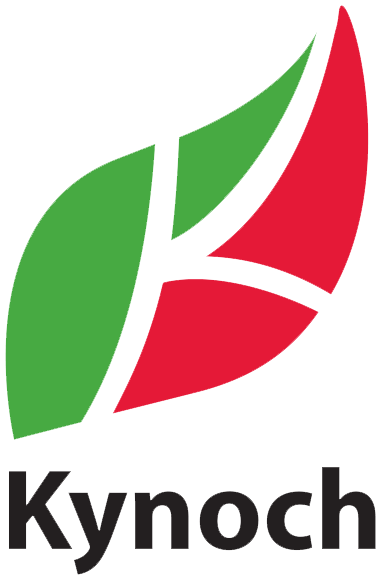
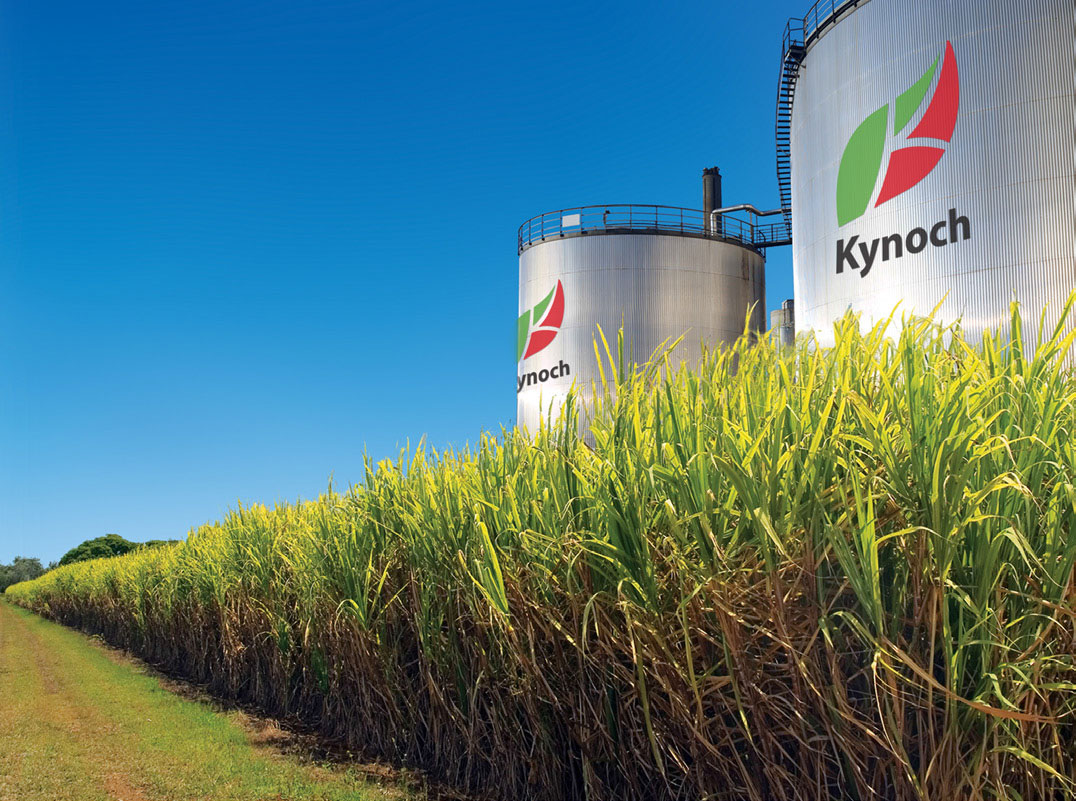
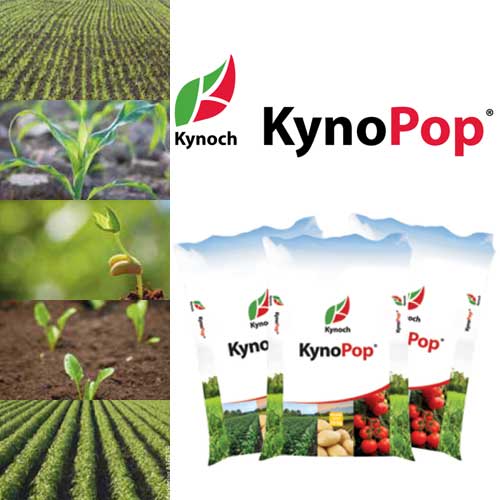
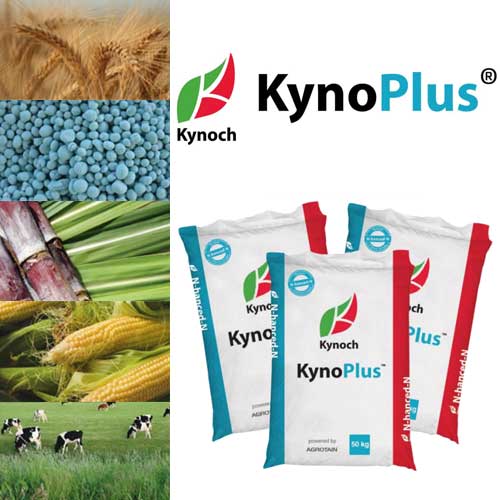


.png?v=1594369838025?v=1594369838026)